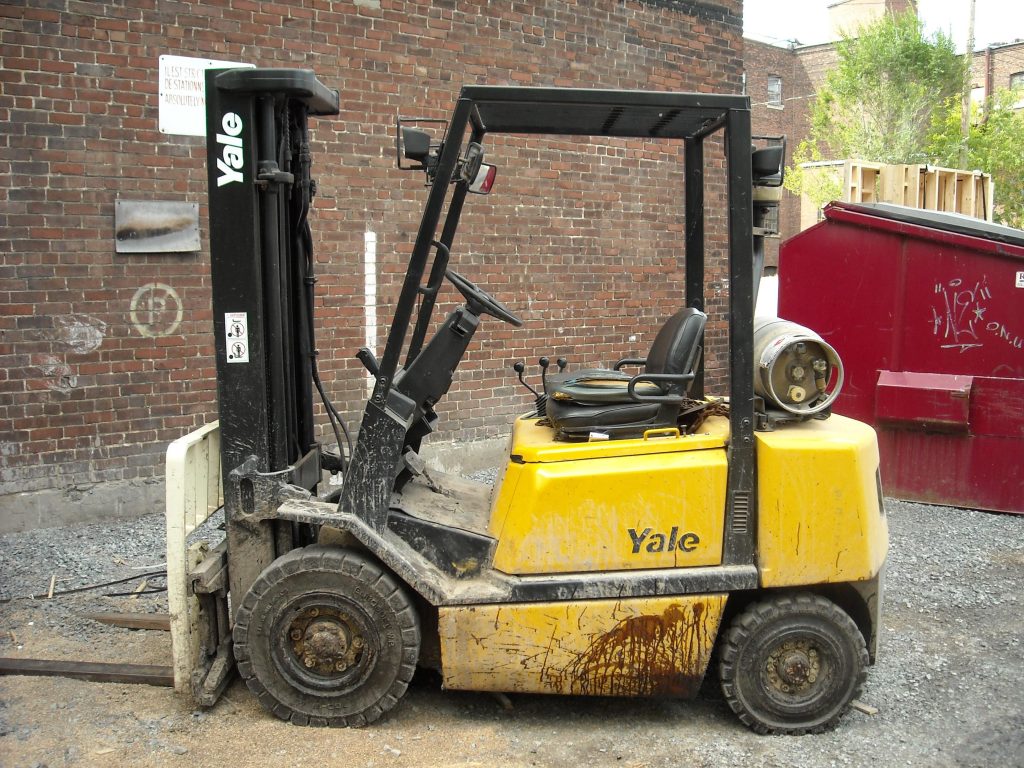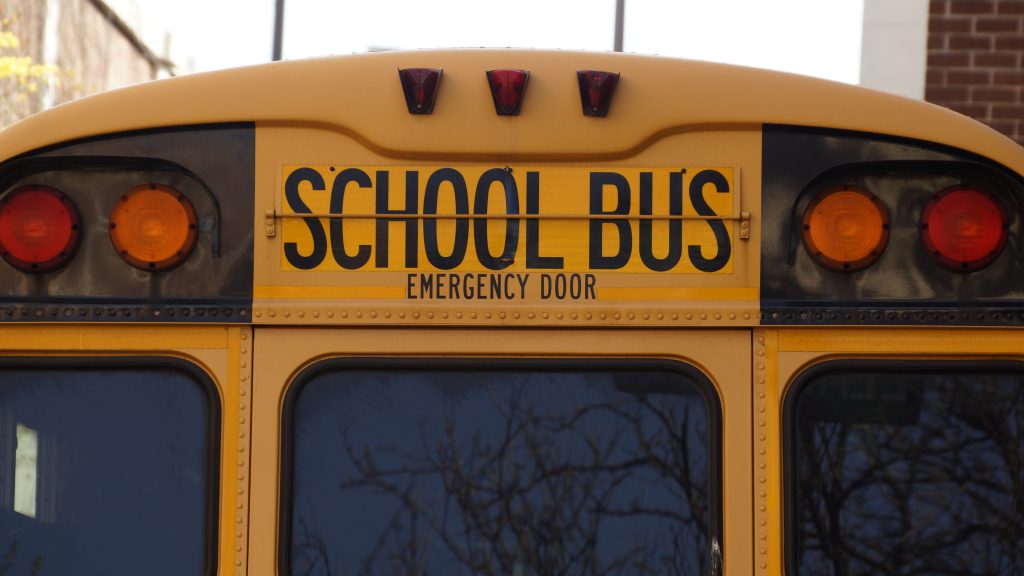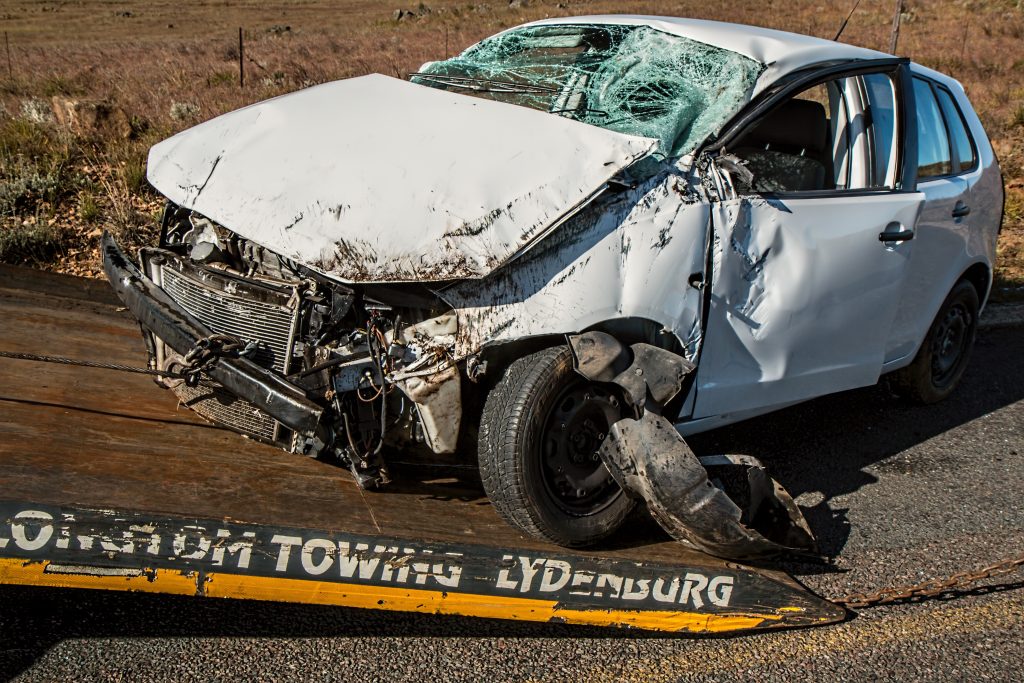 Most court cases do not proceed to actual trial. In the context of criminal cases, the defendants often accept plea deals. In the context of civil cases, however, parties often settle or the case is simply dismissed through motion practice.
Most court cases do not proceed to actual trial. In the context of criminal cases, the defendants often accept plea deals. In the context of civil cases, however, parties often settle or the case is simply dismissed through motion practice.
For a plaintiff to succeed in a civil case, he or she must show that there are facts that can prove his or her claim. If there are no such facts, then he or she cannot prove his claim, thus rendering a trial unnecessary. In cases where the plaintiff does not have facts to support his or her claim, the opposing party often files a motion for summary judgment in order to dismiss the claim.
Patricia Bowen worked at the Earl K. Long Medical Center (“EKL”) located in Baton Rouge. On October 10, 2012, Bowen suffered serious injuries at work when the elevator she used dropped and went up abruptly as she exited it. On October 9, 2013, Bowen filed a lawsuit against EKL, alleging that EKL was negligent for not performing proper maintenance or maintaining preventive maintenance on its elevators.
 Louisiana Personal Injury Lawyer Blog
Louisiana Personal Injury Lawyer Blog


 Lawsuits are filed every day. However, not all of these lawsuits are worth the attention of the courts. Courts are already swamped with dozens and dozens of cases on their dockets and they cannot afford–both monetarily and temporally–to hear every case that comes to their courtrooms. As a result, courts allow parties to file a motion for summary judgment, which allows courts to drop a lawsuit if there is no issue of material fact among the parties.
Lawsuits are filed every day. However, not all of these lawsuits are worth the attention of the courts. Courts are already swamped with dozens and dozens of cases on their dockets and they cannot afford–both monetarily and temporally–to hear every case that comes to their courtrooms. As a result, courts allow parties to file a motion for summary judgment, which allows courts to drop a lawsuit if there is no issue of material fact among the parties.  There are many ways that someone can be denied workers’ compensation benefits. Sometimes it is determined that the accident giving rise to the injury never occurred, other times the claim is filed too late, and in other cases the capacity in which the worker was hired determines eligibility for benefits. The last scenario is illustrated in a case brought to the New Orleans Office of Workers’ Compensation (“OWC”) in 2016.
There are many ways that someone can be denied workers’ compensation benefits. Sometimes it is determined that the accident giving rise to the injury never occurred, other times the claim is filed too late, and in other cases the capacity in which the worker was hired determines eligibility for benefits. The last scenario is illustrated in a case brought to the New Orleans Office of Workers’ Compensation (“OWC”) in 2016. What may seem like a simple worker’s compensation claim can turn into a surprisingly complicated dispute over the nature of the injury and the payment of benefits. For many years, Reginald Crockerham worked as a forklift operator for Weyerhaeuser Holden Wood Products in Tangipahoa Parish. After almost two years of lower back injuries caused by the forklift’s bad tires, suspension, and seating, Crockerham underwent discectomy surgery and a two-level fusion.
What may seem like a simple worker’s compensation claim can turn into a surprisingly complicated dispute over the nature of the injury and the payment of benefits. For many years, Reginald Crockerham worked as a forklift operator for Weyerhaeuser Holden Wood Products in Tangipahoa Parish. After almost two years of lower back injuries caused by the forklift’s bad tires, suspension, and seating, Crockerham underwent discectomy surgery and a two-level fusion.  It can be puzzling — if not outright humorous — to observe the warnings in many pharmaceutical advertisements about how a drug’s side effects can be so severe that the potential harms outweigh the possible benefits. What’s not at all funny is when one of those side effects causes a patient actual harm.
It can be puzzling — if not outright humorous — to observe the warnings in many pharmaceutical advertisements about how a drug’s side effects can be so severe that the potential harms outweigh the possible benefits. What’s not at all funny is when one of those side effects causes a patient actual harm.  How much of an award or compensation could a parent expect when a school board is found liable for inflicting trauma on a child? A trauma to a child would have a profound effect on the parent as well as the child. Is it not reasonable to expect the school board to pay for the emotional damages the parent suffered? Unfortunately for a Baton Rouge mother, her failure to include in her written pleadings a claim for general damages resulted in a finding of no damages despite trial testimony supporting her emotional distress. A superior lawyer always includes all possible claims in written pleadings to avoid this unfortunate outcome.
How much of an award or compensation could a parent expect when a school board is found liable for inflicting trauma on a child? A trauma to a child would have a profound effect on the parent as well as the child. Is it not reasonable to expect the school board to pay for the emotional damages the parent suffered? Unfortunately for a Baton Rouge mother, her failure to include in her written pleadings a claim for general damages resulted in a finding of no damages despite trial testimony supporting her emotional distress. A superior lawyer always includes all possible claims in written pleadings to avoid this unfortunate outcome.  The following scenario is not uncommon. Person enters restaurant without incident. Same person exits restaurant, fails to notice the one-step curb just beyond the door, falls, gets injured, and files a lawsuit against the restaurant. When is a restaurant owner responsible for such an incident? A recent case out of Baton Rouge explored this question and provided useful guidelines for owners and patrons alike.
The following scenario is not uncommon. Person enters restaurant without incident. Same person exits restaurant, fails to notice the one-step curb just beyond the door, falls, gets injured, and files a lawsuit against the restaurant. When is a restaurant owner responsible for such an incident? A recent case out of Baton Rouge explored this question and provided useful guidelines for owners and patrons alike.  We all try our best to avoid trouble, but sometimes fights happen. It may be best to avoid a brawl if you see one occurring. However, when you see your friend in a bind, human nature kicks in, and before you know it, you’re in an altercation that you never signed up for. If you are injured in a fight, proceed carefully when suing the party that caused your injuries. Ryan Martinez learned this lesson the hard way following the Louisiana First Circuit Court of Appeal ruling in the following case.
We all try our best to avoid trouble, but sometimes fights happen. It may be best to avoid a brawl if you see one occurring. However, when you see your friend in a bind, human nature kicks in, and before you know it, you’re in an altercation that you never signed up for. If you are injured in a fight, proceed carefully when suing the party that caused your injuries. Ryan Martinez learned this lesson the hard way following the Louisiana First Circuit Court of Appeal ruling in the following case. What happens when a motorist is injured in an automobile accident while operating a vehicle owned by an employer? While Louisiana law often permits named insured employees to receive reciprocal coverage under an employer’s insurer, insurance law is a complex and, at times, unclear field, especially in relation to uninsured/underinsured motorist coverage. In the case of Chris Loudermilk of New Roads, Louisiana, the Louisiana First Circuit Court of Appeal felt that Loudermilk was not permitted to recover under the language of his employer’s insurance policy.
What happens when a motorist is injured in an automobile accident while operating a vehicle owned by an employer? While Louisiana law often permits named insured employees to receive reciprocal coverage under an employer’s insurer, insurance law is a complex and, at times, unclear field, especially in relation to uninsured/underinsured motorist coverage. In the case of Chris Loudermilk of New Roads, Louisiana, the Louisiana First Circuit Court of Appeal felt that Loudermilk was not permitted to recover under the language of his employer’s insurance policy. When there’s no other option, bankruptcy is an effective tool to shield you from your creditors. But often, those filing bankruptcy do not consider how intrusive a bankruptcy can be. After filing bankruptcy, your remaining assets are put under a microscope by the bankruptcy trustee. Every transaction you make while in bankruptcy, and 90 or more days beforehand, are scrutinized, questioned, and may even be reversed.
When there’s no other option, bankruptcy is an effective tool to shield you from your creditors. But often, those filing bankruptcy do not consider how intrusive a bankruptcy can be. After filing bankruptcy, your remaining assets are put under a microscope by the bankruptcy trustee. Every transaction you make while in bankruptcy, and 90 or more days beforehand, are scrutinized, questioned, and may even be reversed.